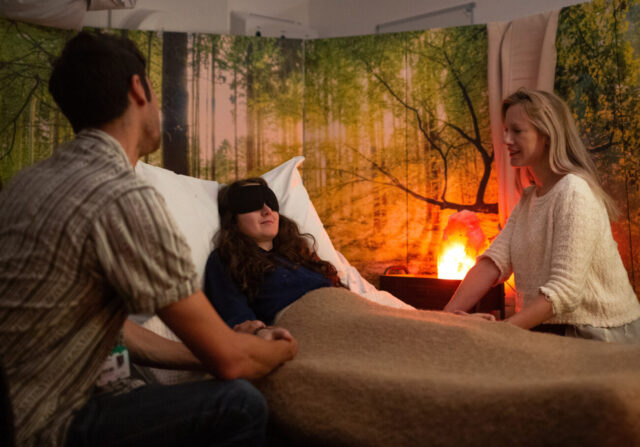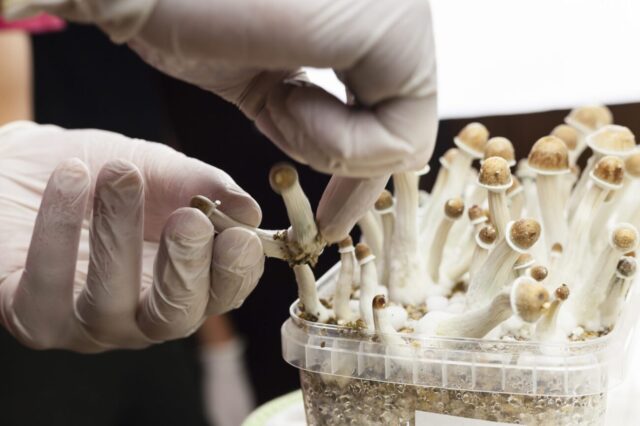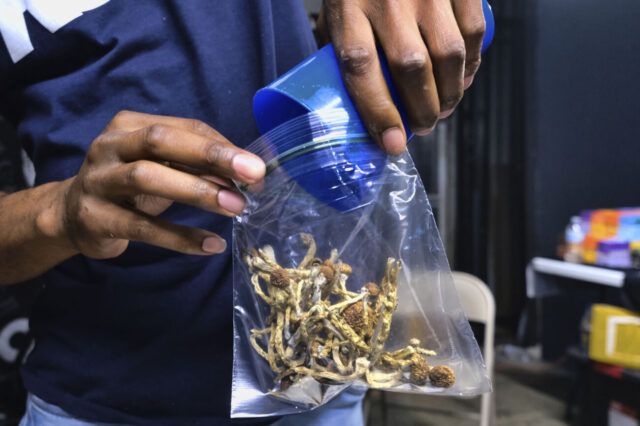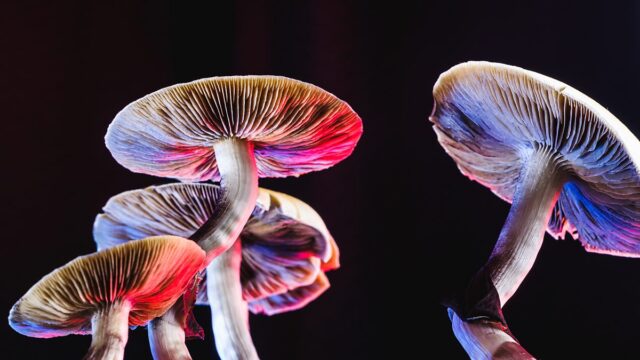
In recent times, the therapeutic potential of psychedelic substances has sparked renewed interest among scientists, clinicians, and the general public.
Companies like 3amigos are a testament to the growing interest and exploration in this realm. Psilocybin, the primary psychoactive compound found in certain mushrooms, stands out in these discussions, with mounting evidence suggesting its effectiveness in treating various psychological conditions.
This article will delve into the burgeoning field of psychedelic mushroom therapy and its potential benefits.
History and Renaissance
While the Western world’s recognition of psilocybin mushrooms as a therapeutic tool is relatively recent, indigenous communities have revered and utilized these fungi for centuries, if not millennia, in spiritual and healing ceremonies.
The 20th century saw an initial surge of interest in psychedelics, but by the late 1960s, due to a combination of political, social, and regulatory pressures, research into therapeutic uses came to a near halt. However, the 21st century has ushered in a renaissance in psychedelic research, with psilocybin therapy at the forefront.
How Does Psilocybin Work?

Psilocybin is metabolized in the body to psilocin, which affects the brain’s serotonin receptors. This interaction can lead to altered perceptions, mood changes, and a variety of other psychological effects.
Recent studies using brain imaging techniques have shown that psilocybin reduces activity in the default mode network (DMN), a critical brain network linked to the ego or sense of self. By “quieting” this network, individuals often experience a dissolution of ego boundaries, leading to a feeling of interconnectedness with the world. This state can be transformative, allowing deep-seated emotional issues or traumas to surface and be processed in a new light.
Therapeutic Applications
- Depression ─ One of the most promising areas of research is the treatment of depression. Clinical trials have shown that a single dose of psilocybin, combined with supportive therapy, can produce significant and lasting reductions in depressive symptoms. This is especially promising for treatment-resistant depression, where traditional methods have been ineffective.
- End-of-life anxiety ─ For patients facing terminal illnesses, the fear of death can be overwhelming. Studies have indicated that psilocybin therapy can lead to decreased anxiety and improved mood in such patients, helping them come to terms with their mortality and find peace in their final days.
- Addiction ─ From nicotine to alcohol and opioids, addiction is a major public health issue. Preliminary research suggests that psilocybin therapy can be a powerful tool in breaking the chains of addiction, potentially by resetting certain brain pathways or providing profound personal insights that change an individual’s relationship with the substance.
- PTSD and trauma ─ Early evidence hints at psilocybin’s ability to help individuals process traumatic events, leading to decreased symptoms and improved well-being.
The Therapeutic Process
It’s essential to understand that the therapeutic benefits aren’t simply from consuming the mushroom. The context, or “set and setting,” plays a crucial role. In clinical trials, psilocybin sessions often involve.
- Preparation ─ Before the session, therapists work with the patient to establish trust and set intentions for the experience.
- Session ─ During the actual session, the patient will consume the psilocybin in a comfortable, controlled environment, often with calming music. Therapists remain present, providing support and guidance as needed.
- Integration ─ Post-session, therapists help the patient process and integrate their experience, drawing insights and lessons to apply in their daily lives.
Safety and Considerations

- Legality ─ Psilocybin is still illegal in many jurisdictions. However, some places, like Oregon in the U.S., have recently moved towards legalizing it for therapeutic use.
- Not for everyone ─ Individuals with a family history of schizophrenia or psychosis may be at increased risk for adverse reactions.
- Potential for challenging experiences ─ While often therapeutic, the experience can be intense and challenging. Proper guidance and support are essential.
The Future of Psilocybin Therapy
With mounting evidence of its potential benefits and an increasing shift in societal attitudes toward psychedelics, psilocybin therapy is poised to become a significant tool in modern mental health treatment.
As further research is conducted and regulatory barriers are addressed, we can expect to see growth in professional training programs, treatment centers, and integration therapists specializing in psychedelic experiences.
The Cultural Shift
Historically, many Western societies have shied away from, or even demonized, substances that alter consciousness. However, as the mental health crisis deepens, there’s a growing recognition that unconventional treatments like psilocybin might hold the key to relief for many. This cultural shift, driven by both desperation and mounting clinical evidence, has challenged the prevailing norms and opened the door for a broader acceptance of psychedelic therapies.
Holistic Healing
While much attention has been given to the neurological effects of psilocybin, it’s essential to consider its holistic impact. Many individuals report not just psychological changes but also a profound shift in their spiritual perspectives and a deeper connection to their bodies. This multi-dimensional healing underscores the idea that true well-being isn’t just about brain chemistry but involves a harmonious balance of all facets of our being.
The Role of Nature

A recurring theme in many psilocybin experiences is a deepened connection to nature. Users often report feelings of being in tune with the environment, recognizing the interconnectedness of all life forms, and a renewed sense of awe for the natural world.
Given the urbanized lives many lead today, this reconnection to nature can be a therapeutic experience in itself, promoting ecological awareness and a sense of belonging in the world.
Risks and Responsible Use
While there’s much potential in psilocybin therapy, it’s vital to approach it with caution. The psychedelic experience can be unpredictable, and not all trips are positive. Individuals can face “bad trips” characterized by paranoia, fear, and anxiety.
Proper dosing, a safe environment, and experienced guidance are crucial to mitigate these risks. Additionally, ongoing research and adherence to best practices will be vital as the therapy becomes more mainstream.
The Economic Impact
Beyond the obvious health implications, the rise of psilocybin therapy might also lead to significant economic shifts. The mental health crisis exerts enormous economic pressures, from lost productivity to healthcare costs. Effective psilocybin treatments could alleviate some of these burdens.
Furthermore, as regulations change, a new industry surrounding psychedelic therapies — from cultivation to clinics — might emerge, leading to new economic opportunities and challenges.
Conclusion
The potential of psilocybin mushroom therapy represents a convergence of ancient wisdom and cutting-edge science. As we stand on the cusp of a new era in mental health treatment, it’s exciting to imagine the countless lives that might be touched and transformed by this powerful, natural compound. Always approach with respect, research thoroughly, and consult professionals when considering this or any form of therapy.







